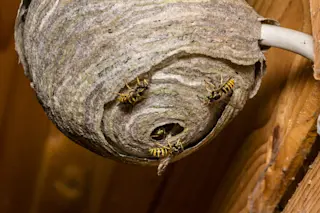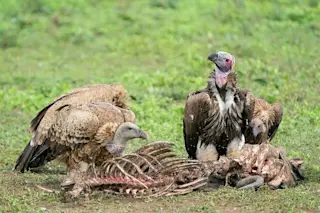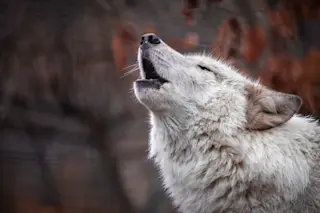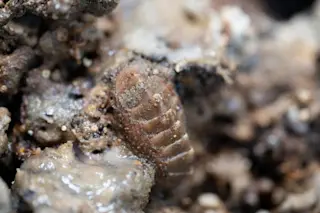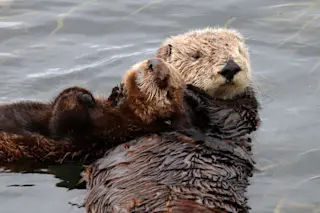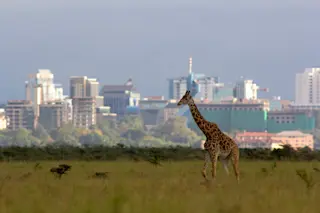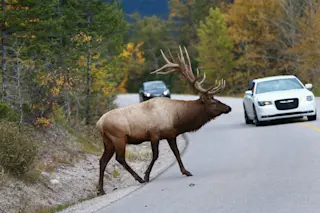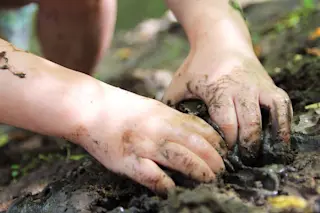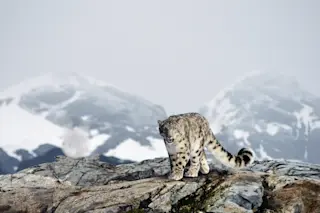Grizzlies in the Pacific Northwest cannot thrive without a forest home. Oddly enough, the reverse may also be true. "People think of bears as just big, replaceable feeders in the food chain, that they don't have any particular effect on the forest," says Barrie Gilbert, an ecologist at Utah State University. "But it turns out that bears are in fact very important." Gilbert and his colleague Arthur Morris ventured into the woods bordering the Koeye River in British Columbia and discovered that grizzly scat and surrounding soil samples contained high concentrations of a heavy isotope of nitrogen commonly found in salmon flesh. The fish absorb the nitrogen in the ocean before traveling upstream into the forests to spawn. Gilbert and Morris believe the bears gorge themselves on salmon and bring the nitrogen into the woods by defecating, urinating, or carrying half-eaten carcasses. The nitrogen is a potent fertilizer. Jim Helfield of the University of Washington in Seattle found that trees close to salmon-filled rivers in Alaska grow three times as fast as those near rivers that do not contain significant numbers of the fish.
The Bear Necessities
Grizzlies in the Pacific Northwest are vital to forest growth, delivering nitrogen through salmon consumption. Discover how bears impact ecosystems!
More on Discover
Stay Curious
SubscribeTo The Magazine
Save up to 40% off the cover price when you subscribe to Discover magazine.
Subscribe



